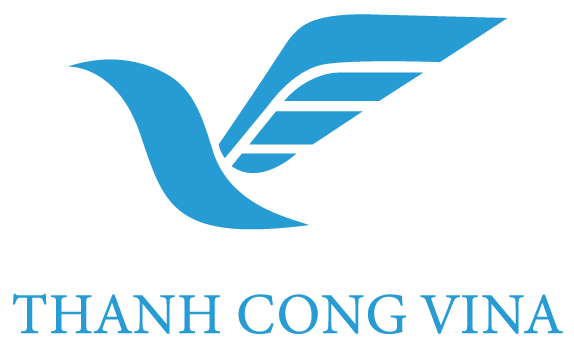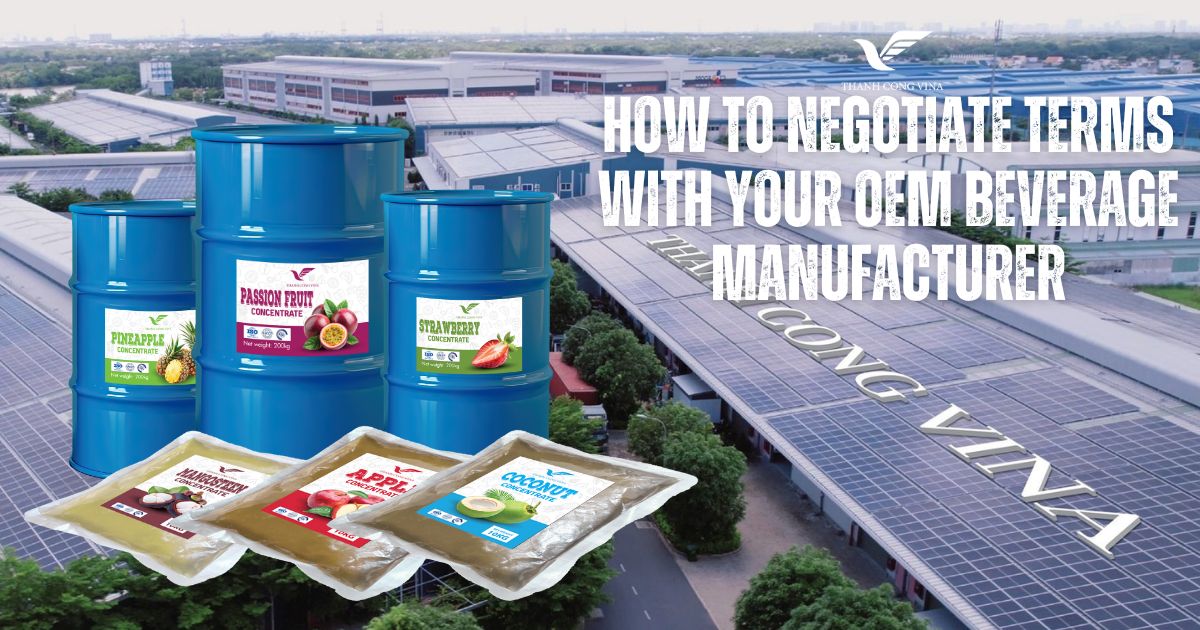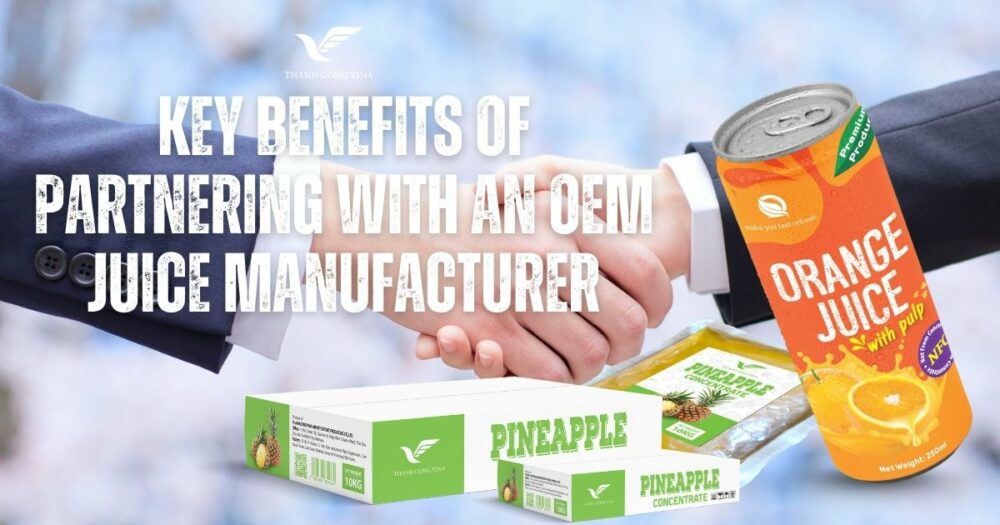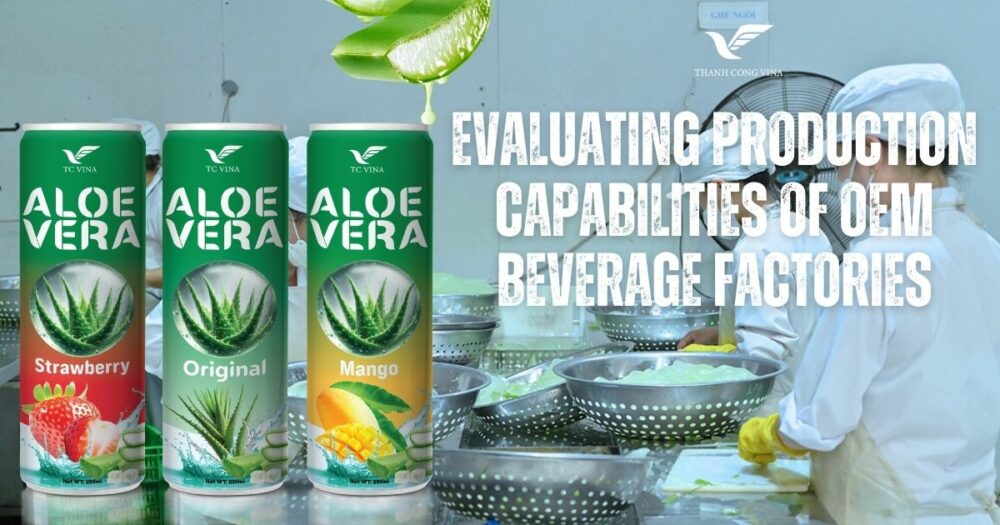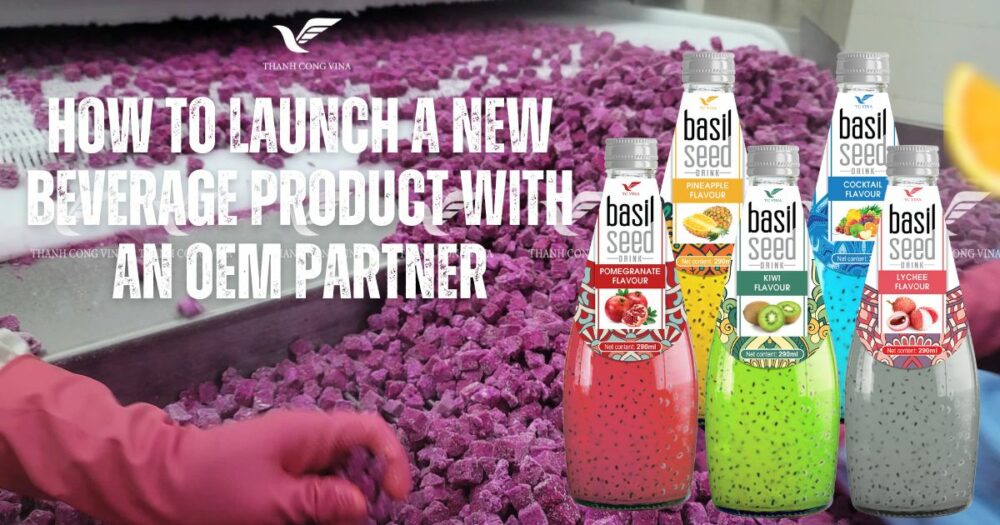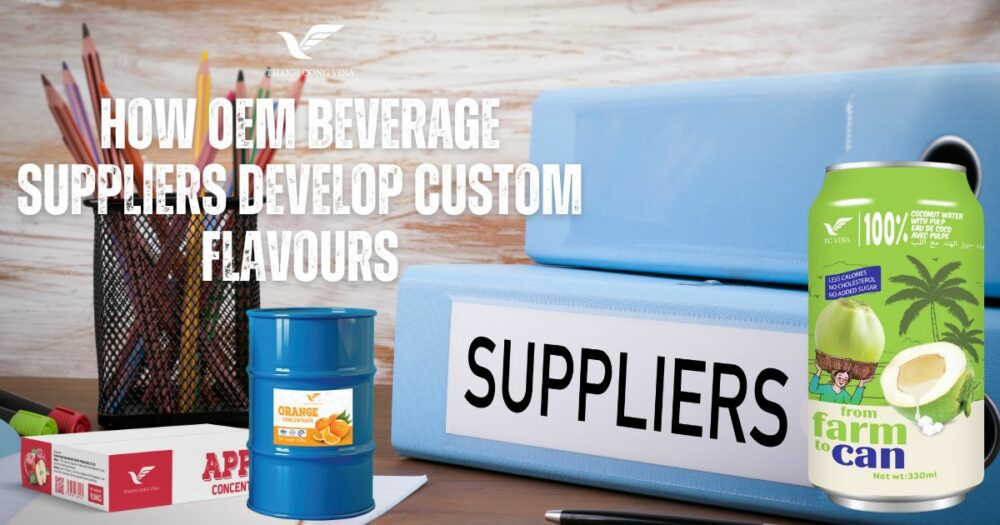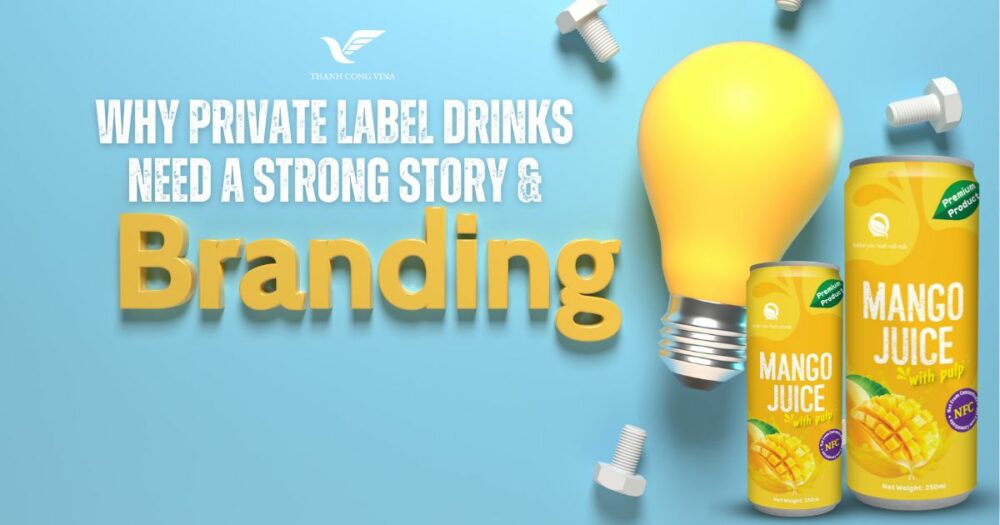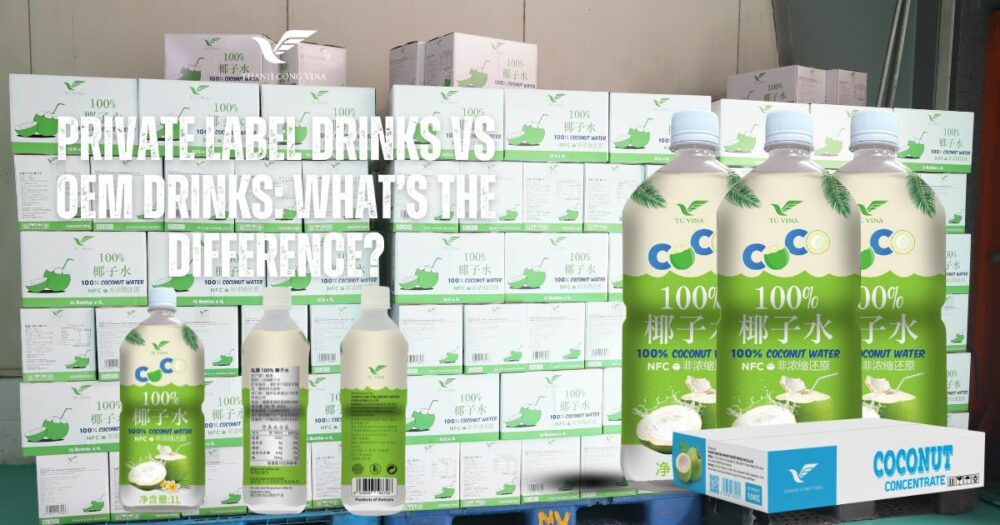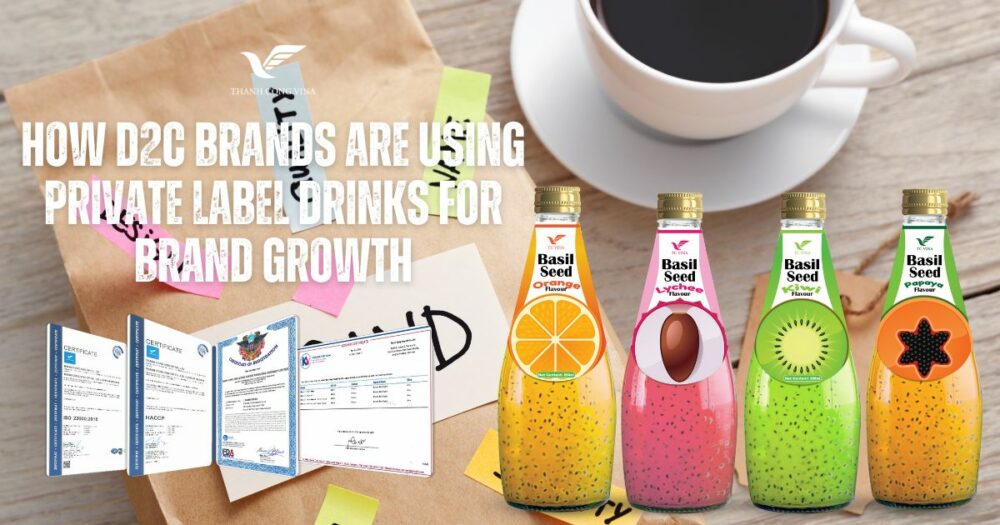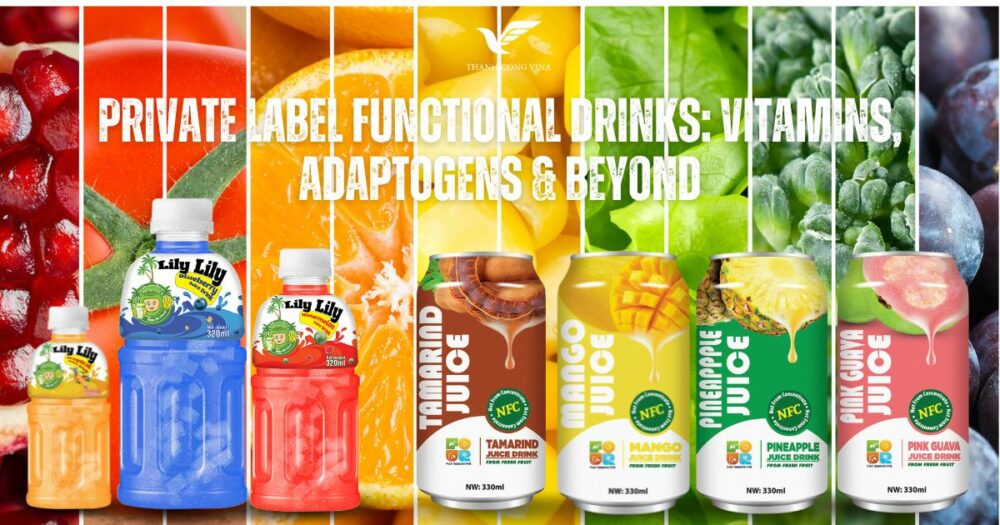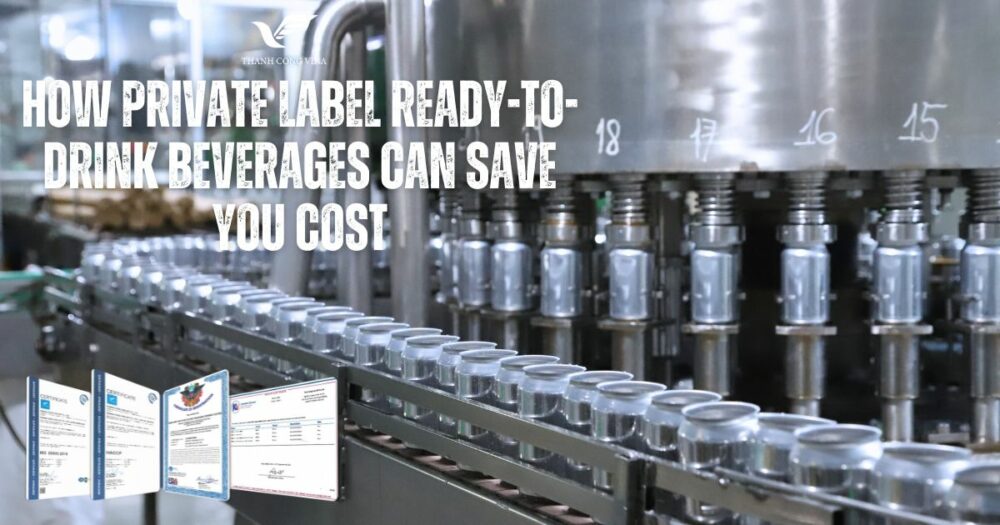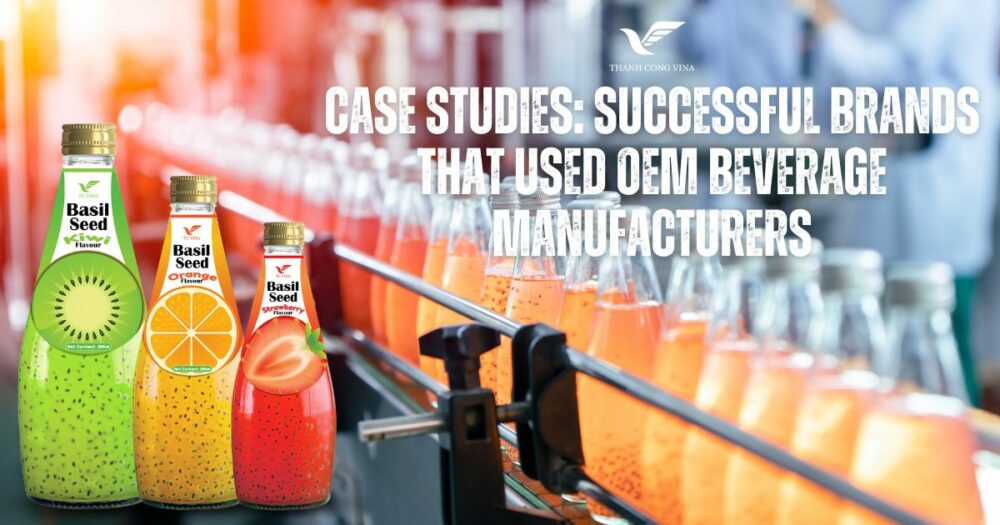Working with an OEM beverage manufacturer opens up opportunities for brand growth, product innovation, and faster market entry. However, successful collaboration requires clear negotiation from the start. For beverage importers, private label owners, and startup brands, negotiating the right terms can be the difference between a profitable product line and unexpected costs.
Key areas such as pricing, minimum order quantity (MOQ), formulation rights, lead time, quality standards, logistics, and after-sales support must be carefully aligned to protect business interests. Whether you are launching a new aloe drink, fruit juice, sparkling beverage, or functional health drink, understanding how to negotiate effectively ensures long-term success in the competitive beverage industry.
This comprehensive guide will help businesses build strong and lasting partnerships with their OEM Beverage Manufacturer by outlining the critical negotiation points, recommended strategies, and insights into building mutually beneficial terms that support sustainable collaboration.
1. Understanding Your Business Needs Before Negotiation
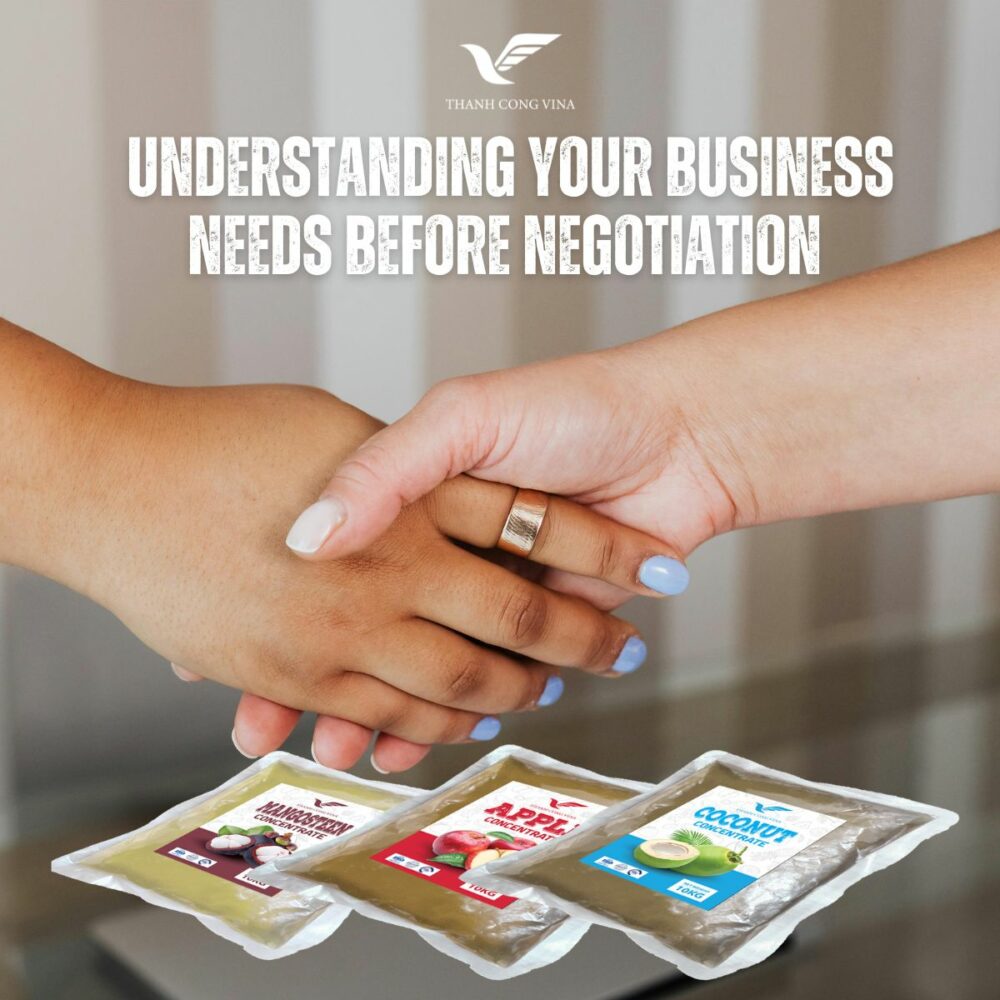
Understanding Your Business Needs Before Negotiation
Before entering any discussion with an OEM beverage manufacturer, companies must clearly define expectations. When business priorities are well-articulated, negotiation becomes more structured and efficient.
1.1 Product Positioning and Market Goals
Brands should conduct strategic planning with key questions:
-
What type of beverage is being produced?
-
Who is the target audience: premium or mass market?
-
What is the expected retail pricing structure?
These decisions influence formulation type, packaging materials, and pricing benchmarks. An OEM partner can provide guidance only when goals are transparent.
1.2 Cost Planning and Pricing Models
Understanding your cost structure before negotiation prevents issues later. Consider:
-
Raw ingredient value (e.g., aloe gel, fruit purees, coconut water)
-
Processing requirements (pasteurization, NFC juices, pulp content)
-
Packaging formats (PET, glass, can, pouch)
-
Branding and labeling adjustments
With a prepared budget range, you can negotiate costs more confidently.
1.3 Forecasting Demand for Better Leverage
OEM beverage manufacturers prioritize buyers who demonstrate growth potential. Sharing realistic sales projections—even if starting small—helps you negotiate:
-
Lower MOQs over time
-
Better unit pricing at future volumes
-
Priority production scheduling
OEM partners value long-term relationships, so showing commitment improves your negotiation leverage.
2. Negotiating MOQ: Balancing Risk and Cost Efficiency
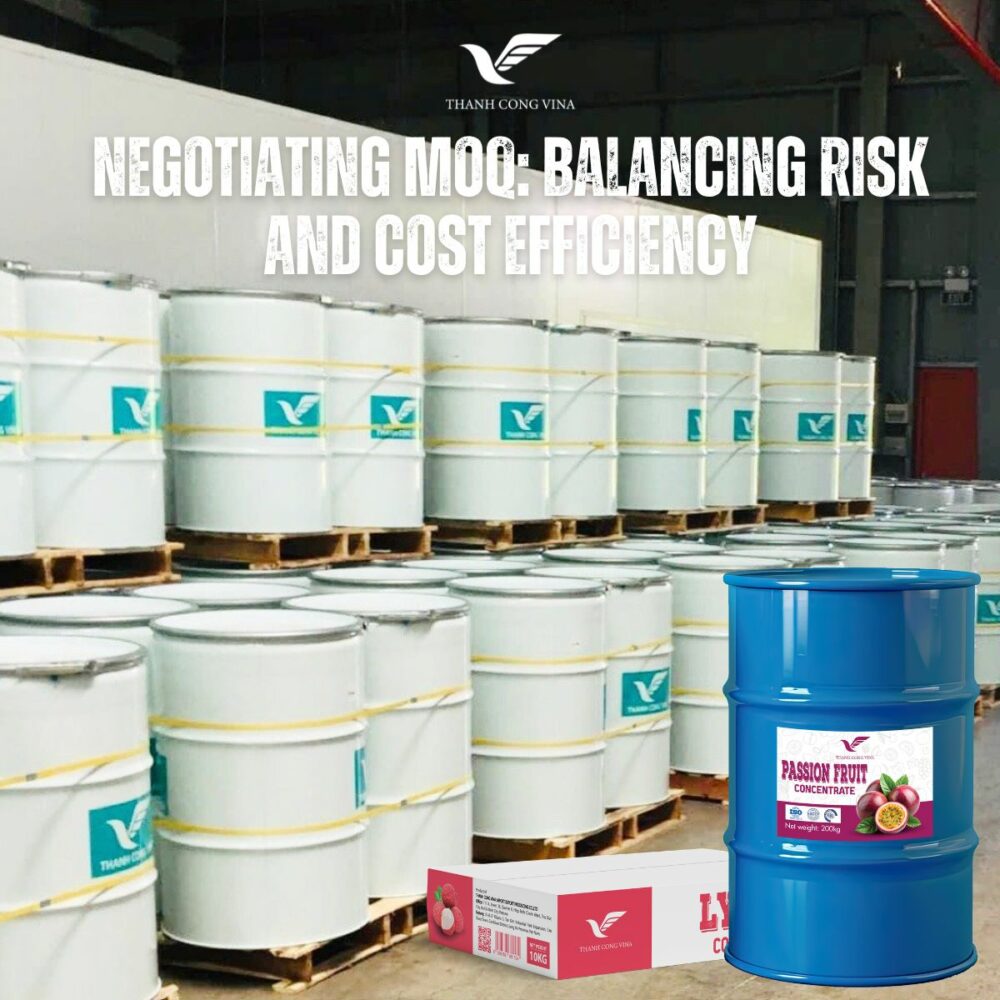
Negotiating MOQ: Balancing Risk and Cost Efficiency – OEM Beverage Manufacturer
Minimum Order Quantity (MOQ) is one of the most challenging aspects for new beverage brands. Manufacturers set MOQs to maintain production efficiency, but brands often need flexibility when launching new SKUs.
2.1 Key Factors That Influence MOQ
MOQs may vary depending on:
-
Packaging type: cans require larger MOQs than bottles
-
Ingredients: imported or seasonal ingredients increase batch limits
-
Product complexity: pulp integration and flavor combinations require larger runs
Knowing these elements helps brands prepare negotiable areas.
2.2 Strategies to Reduce Initial Commitment
Brands can negotiate:
-
Shared production runs
-
Standard bottle shapes to avoid customization
-
Limited SKU launches with phased expansion
Co-development can allow small initial orders with planned increases as demand grows.
2.3 Aligning MOQ with Market Testing
Introducing a new beverage often requires market validation. Make MOQ discussions part of a phased launch strategy:
-
Phase 1: small batch for trial and feedback
-
Phase 2: scale up based on performance
-
Phase 3: expand flavors and packaging options
A reliable OEM beverage manufacturer will support MOQ flexibility when future volume commitments are realistic.
3. Pricing and Payment Terms: Ensuring Profitability and Stability
Pricing negotiation determines profitability, while payment terms affect cash flow — both critical for importers and brand owners.
3.1 Building Transparent Cost Structure
Ask your OEM beverage manufacturer to clearly break down:
-
Material cost
-
Labor and production cost
-
Packaging and labeling cost
-
Logistics and customs documentation fees
Understanding cost behavior allows businesses to track savings opportunities.
3.2 Negotiating Payment Schedules
Common models include:
-
30% deposit, 70% before shipment
-
Letter of Credit (LC) for high-value orders
-
Longer payment terms for long-term partners
Brands with a strong business track record can negotiate more favorable terms.
3.3 Multi-Order Pricing and Volume Discounts
When planning seasonal production or multiple SKUs:
-
Request progressive pricing
-
Lock supplier prices for a set duration
-
Guarantee future volumes for lower rates now
These negotiation tactics provide financial predictability in dynamic markets.
4. Protecting Product Ownership and Intellectual Property
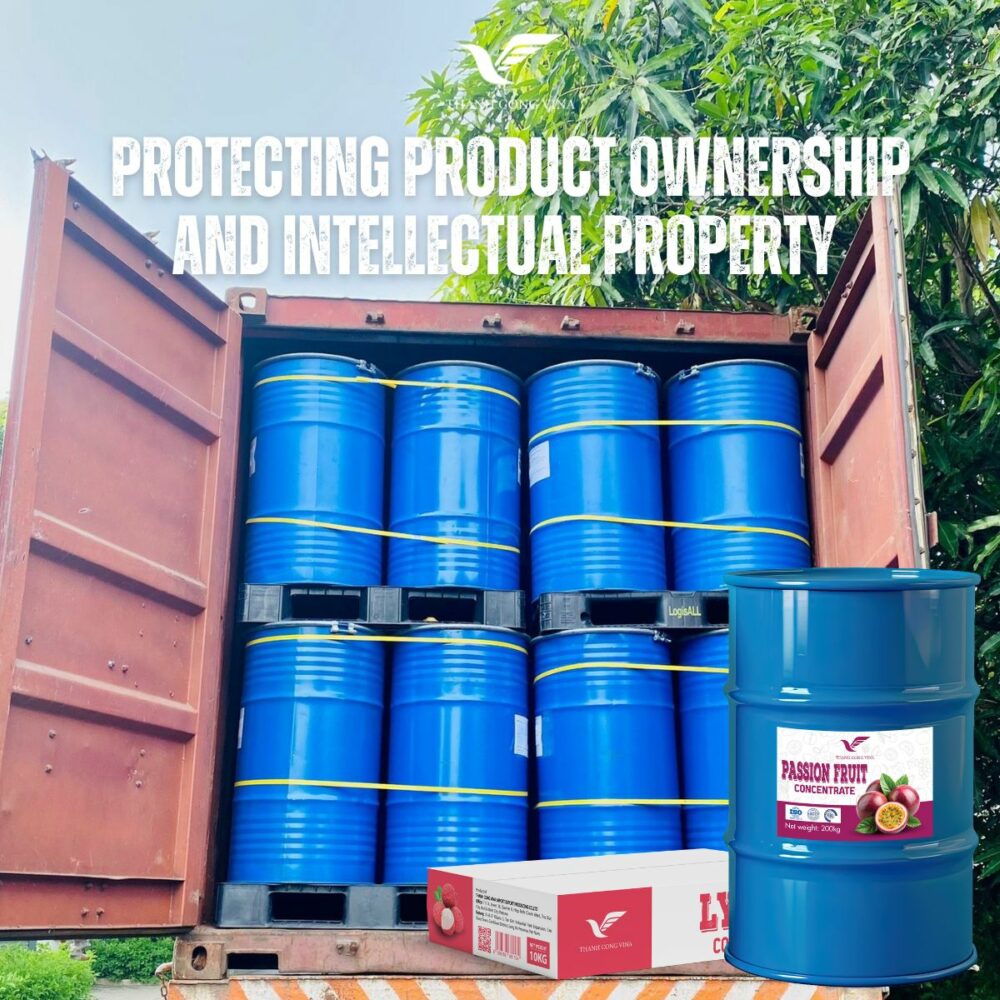
Protecting Product Ownership and Intellectual Property
OEM partnerships can blur the line between brand and manufacturer rights — making IP negotiation essential.
4.1 Formulation Ownership
Clarify whether:
-
You fully own the formula after development
-
The OEM retains rights to ingredients or ratios
-
Exclusive formulation agreements apply to your market
This decision affects differentiation and prevents imitation.
4.2 Packaging Design Rights
For brand identity protection:
-
Lock exclusive bottle designs (if custom)
-
Ensure artwork ownership under legal agreements
-
Prevent manufacturer use for other buyers
This protects brand authenticity and trademark value.
4.3 Confidentiality Agreements
A Non-Disclosure Agreement (NDA) should be in place before sample development. Protecting proprietary business plans strengthens long-term competitiveness.
5. Quality Standards, Testing, and Warranty Terms
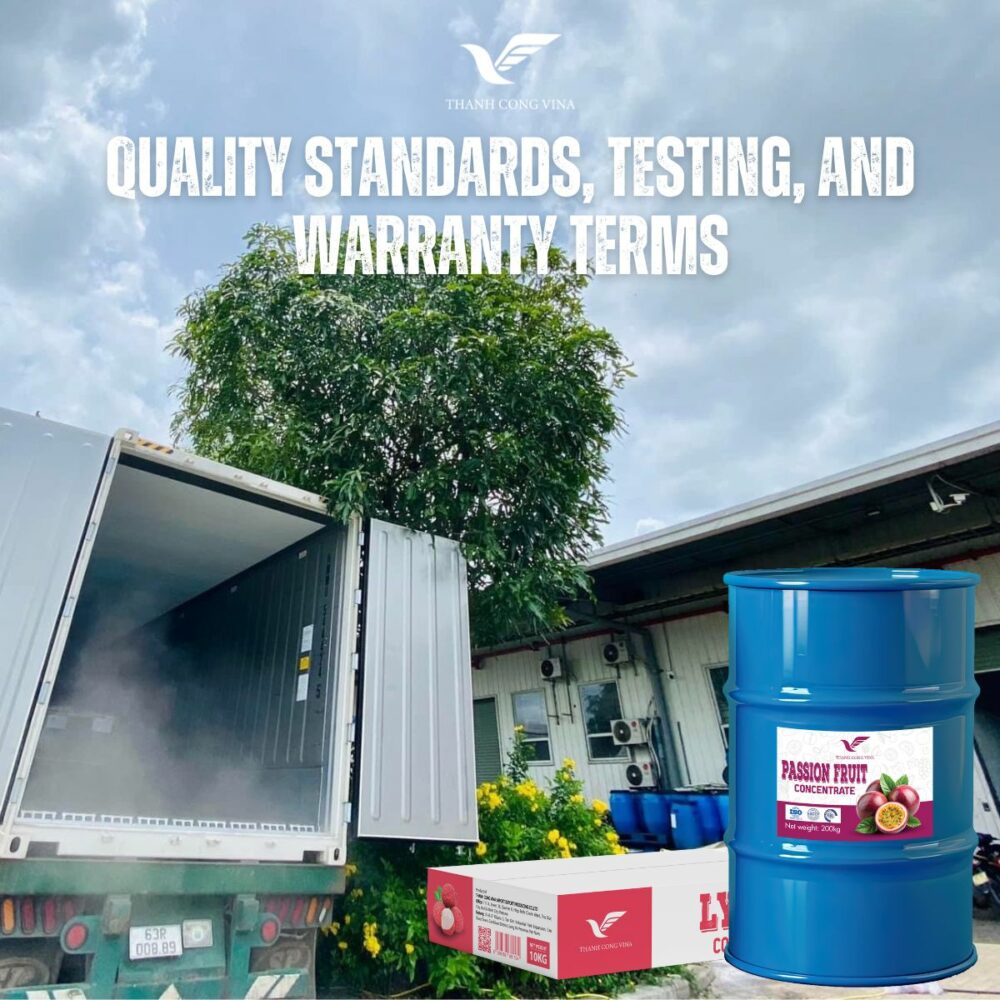
Quality Standards, Testing, and Warranty Terms
Consistency in beverage quality directly impacts customer retention and shelf safety.
5.1 Quality Inspection Procedures
Negotiate control over:
-
Raw ingredient inspection (aloe gel purity, fruit concentrate consistency)
-
Production monitoring checkpoints
-
Final product testing at factory and third-party labs
Quality transparency builds supply chain confidence.
5.2 Handling Defects and Reproduction Terms
Establish clear policies about:
-
Acceptable tolerance percentages
-
Manufacturer responsibility for recalls or damages
-
Replacement or refund procedures
Dispute resolution written in advance protects both sides.
5.3 Shelf Life and Storage Support
Ask OEM partners to provide:
-
Real-time shelf-life test results
-
guidance for warehouse and shipping conditions
-
Stability tracking for international transport
These details ensure beverages arrive fresh to market.
6. Lead Time, Logistics, and Operational Flexibility
Lead time affects how quickly brands can respond to seasonal demand and retail opportunities. Negotiating operational terms ensures better agility.
6.1 Production Scheduling Agreements
Discuss:
-
Standard lead time for reorders
-
Priority scheduling for fast-moving products
-
Penalties for serious delays
-
Forecast sharing to reduce bottlenecks
Reliable delivery builds importer confidence.
6.2 Inventory and Storage Options
OEMs may offer:
-
Short-term warehousing
-
Staggered shipments for cash flow optimization
-
Buffer stock for urgent orders
This minimizes the financial burden on the brand while ensuring steady supply.
6.3 Scalability for Long-Term Growth
Negotiation should include:
-
Expansion plans for new flavors
-
Flexible equipment capabilities (NFC, carbonated, pulp)
-
Packaging upgrades (glass, aluminum, PET sizes)
OEM beverage manufacturers who provide scalability will be ideal long-term partners for rapidly growing brands.
Conclusion
Strong negotiation ensures that both the brand and the OEM beverage manufacturer benefit from a stable and successful business collaboration. By clearly defining expectations related to MOQ, pricing structures, intellectual property, quality control, and logistics support, beverage brands can reduce risks and build long-term competitiveness. Transparent discussion strengthens trust and sets the foundation for reliable scaling as market demand grows.
For businesses seeking a trusted manufacturer with global production capacity, Thanh Cong Vina offers expertise in beverage formulation, packaging development, and supply management tailored to buyer needs. Working closely with Thanh Cong Vina, importers and private label brands gain operational confidence and improved speed-to-market performance. With the right negotiation strategies and a knowledgeable OEM partner, beverage companies can maximize product success while maintaining profitability in the evolving global marketplace.
